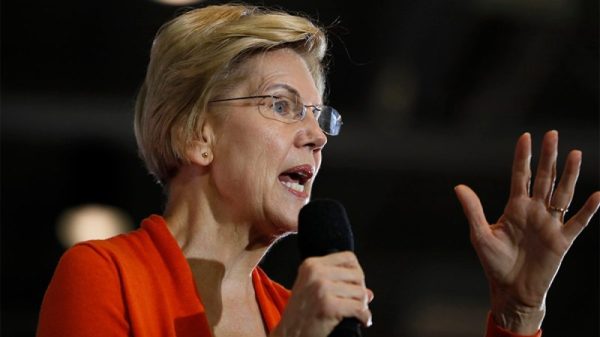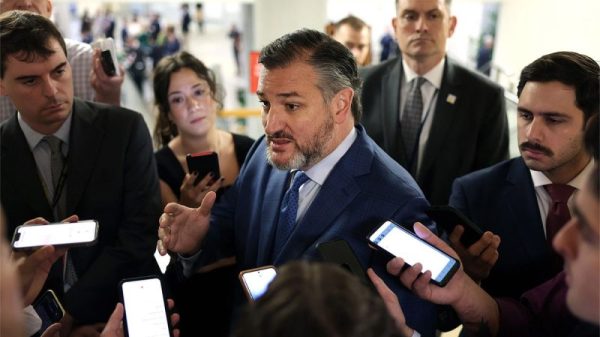
Aston Martin has reported a dramatic escalation in losses as Donald Trump’s new tariffs on UK car imports and weakening demand from China batter the luxury carmaker’s finances.
The company posted a £112 million pre-tax loss in the three months to September, compared with just £12 million during the same period last year — an increase of more than 800 per cent. Revenue plunged 27 per cent to £285.2 million, reflecting what the company described as “extremely subdued” trading conditions in key export markets.
Shares in the FTSE-listed automaker fell nearly 6 per cent on Wednesday as investors reacted to the latest in a series of profit warnings from the iconic British brand.
The company blamed the deepening impact of US import tariffs, introduced by President Trump earlier this year, for much of the financial pain. The White House imposed 10 per cent duties on UK-made vehicles, a move that has particularly hurt Aston Martin, which relies heavily on the US as a core luxury market.
The fallout from the US–China trade dispute has also weighed on global automotive demand. “This year has been marked by significant macroeconomic headwinds,” said Adrian Hallmark, Aston Martin’s recently appointed chief executive and former Bentley boss. “The sustained impact of US tariffs and weak demand in China have materially affected our performance.”
Rival manufacturers have issued similar warnings. Mercedes-Benz this week reported a 31 per cent decline in profits, blaming the “market environment in China” and ongoing “tariff policies” in the US.
The results are the latest setback for Aston Martin, which has faced repeated delays in launching new models as it battles to stabilise cashflow. Earlier this month, the company postponed deliveries of its Valhalla supercar, citing “production readiness adjustments.”
Adding to its difficulties, Aston Martin has warned of potential supply chain disruption linked to the major cyber attack on Jaguar Land Rover (JLR) in late August. The hack forced JLR to halt production for five weeks, creating knock-on effects for shared suppliers across the UK automotive sector.
Aston Martin said the cyber incident had led to “increased potential for supply chain pressures” and noted that UK car production overall had fallen to a 73-year low last month, according to the Society of Motor Manufacturers and Traders (SMMT).
Executive chairman Lawrence Stroll, who led the 2020 rescue of the 111-year-old carmaker, said this year had brought “several unexpected challenges” but insisted the company remained focused on cost discipline and long-term growth.
Capital expenditure has been cut to £254 million so far this year, down from £300 million in 2024, and is now forecast to reach £350 million by year-end — a significant reduction from the £400 million projected earlier in the year.
Aston Martin also confirmed it would trim its five-year investment plan from £2 billion to £1.7 billion, and continues to reduce borrowing costs, with financing charges falling to £65 million in 2025 from £77 million a year earlier.
Despite the turbulence, Stroll struck a defiant tone: “My confidence in the long-term prospects for this iconic British brand and my commitment to the company remain unwavering,” he said.
The steep losses underscore how vulnerable Britain’s prestige carmakers remain to global trade tensions and shifting demand patterns. Analysts said that while Aston Martin’s brand remains one of the strongest in the luxury automotive space, its balance sheet remains highly leveraged and exposed to geopolitical risk.
The company continues to invest in hybrid and electric vehicle development — essential to meeting global emissions regulations and long-term competitiveness — but analysts warn that recurring shocks to supply chains and global trade could delay its recovery.
Aston Martin’s next major test will come in early 2026, when it is due to launch its first fully electric sports model, seen as central to its turnaround strategy and future relevance in a fast-electrifying market.
Read more:
Aston Martin losses surge 800% as Trump tariffs and China slowdown hit luxury carmaker



























